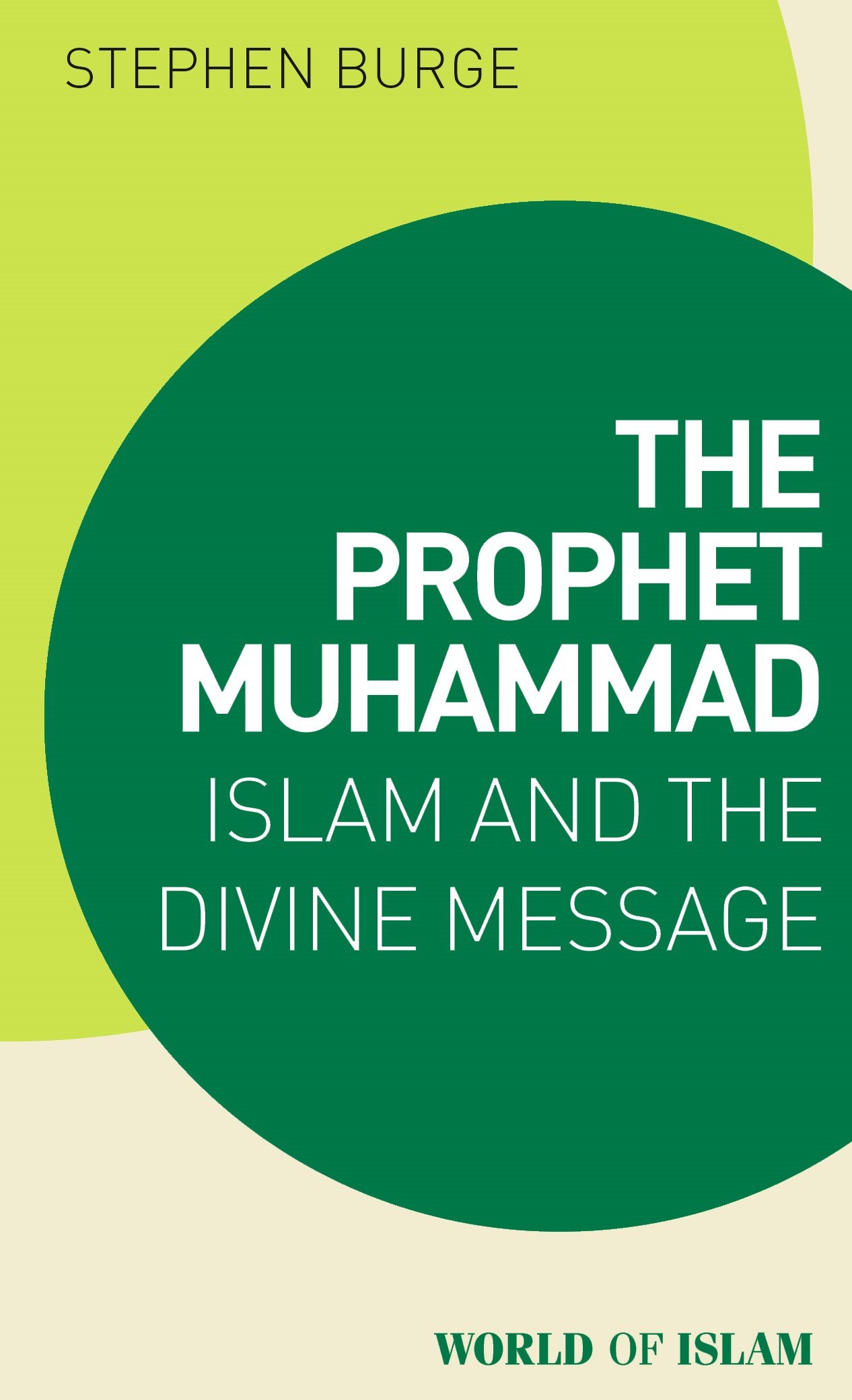Prophets serve as intermediaries between the human and divine worlds, granting them a special status in history across diverse religions and cultures. For Muslims, the Prophet Muhammad (570–632 CE) represents the culmination of the line of monotheistic prophets, including Abraham, Moses and Jesus. In his own lifetime, Muhammad overcame opposition and brought reforms, firmly establishing a thriving community of believers which would become a major world civilisation. Today, the Prophet’s life and actions continue to inspire Muslims worldwide.
The Prophet Muhammad presents an illuminating portrait of Muhammad in his capacity as God’s messenger and an exemplary figure to Muslims. Revealing the challenges and triumphs of prophecy, Stephen Burge examines how prophets have inspired faith communities’ relationship with the Divine, and one another. In doing so, this engaging account elucidates the enduring influence of prophecy and the profound legacy of the Prophet Muhammad.
Acknowledgements
Note on the Text
Introduction
1. Who is a Prophet?
2. Writing the Life of Muhammad
3. Prophetic Past, Prophetic Future
4. Divine Commission
5. Prophetic Mission
6. The Resilient Prophet
7. The Prophet’s Legacy
Glossary
Notes
Further Reading
List of Illustrations
Index
‘Thoroughly interesting. A novel, vivid approach, both learned and imaginative, The Prophet Muhammad explores faith and feeling through literature, myth and psychology as well as traditional scholarship and Muslim challenges to tradition, with the bonus of illustrations that take us on a world tour of lived Islam. All readers will be enriched by Burge’s discussion of prophethood and surprised by its renewed relevance today.’
– Julia Bray, Laudian Professor of Arabic, University of Oxford
‘This book is one of the best introductions to the life of Muhammad as a religious figure. Wonderfully written, The Prophet Muhammad offers a measured and moving account of Muhammad’s role as the prophet of Islam, bringing to life the latest scholarship on the topic. This unique and compelling read is a welcome addition to the array of literature on Muhammad and prophecy in Islam.’
– Walid Saleh, Professor of Islamic Studies, University of Toronto
‘This book explores who Muhammad was and why he remains a revered figure and model for imitation around the world today. Burge subtly pinpoints Muhammad’s distinctiveness within the Semitic prophetic tradition, looking at his teachings and the movement he started, showing precisely why the seventh-century Arabian prophet remains critically important for both Muslims and non-Muslims alike.’
– David Thomas, Emeritus Professor of Christianity and Islam, University of Birmingham
Stephen Burge is a Senior Research Associate in the Qur’anic Studies Unit at The Institute of Ismaili Studies, London, and an ordained priest of the Church of England. He holds a PhD in Islamic Studies from the University of Edinburgh where his research focused on the works of 15th-century theologian and jurist Jalal al-Din al-Suyuti. Dr Burge has written extensively on angels, hadith (traditions of the Prophet Muhammad), and the interpretation of the Qur’an(also Koran. Arabic term meaning, ‘recitation’ or ‘scripture’): Muslims believe that the Holy Qur’an contains divine revelations to the Prophet Muhammed received in Mecca and Medina over a period of… More; among his publications are Angels in Islam (2012) and The Meaning of the Word: Lexicology and Qur’anic Exegesis (2015).

